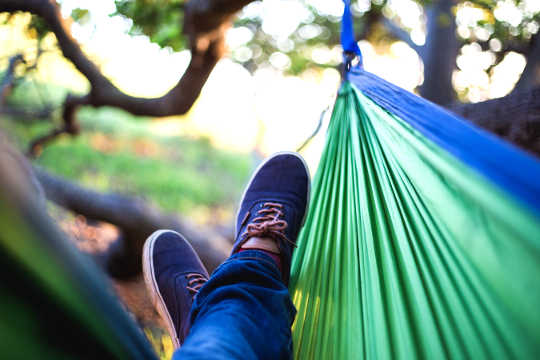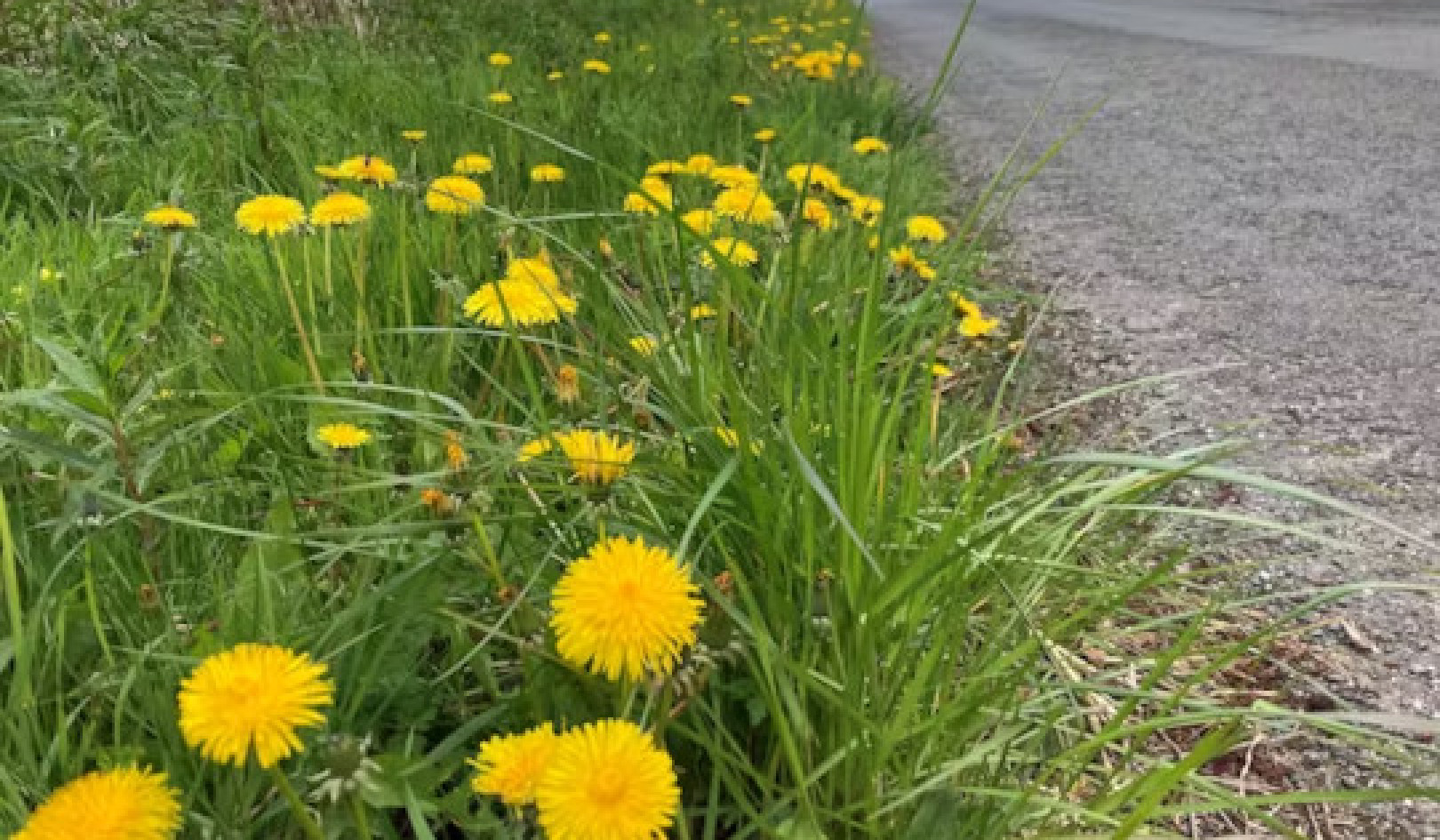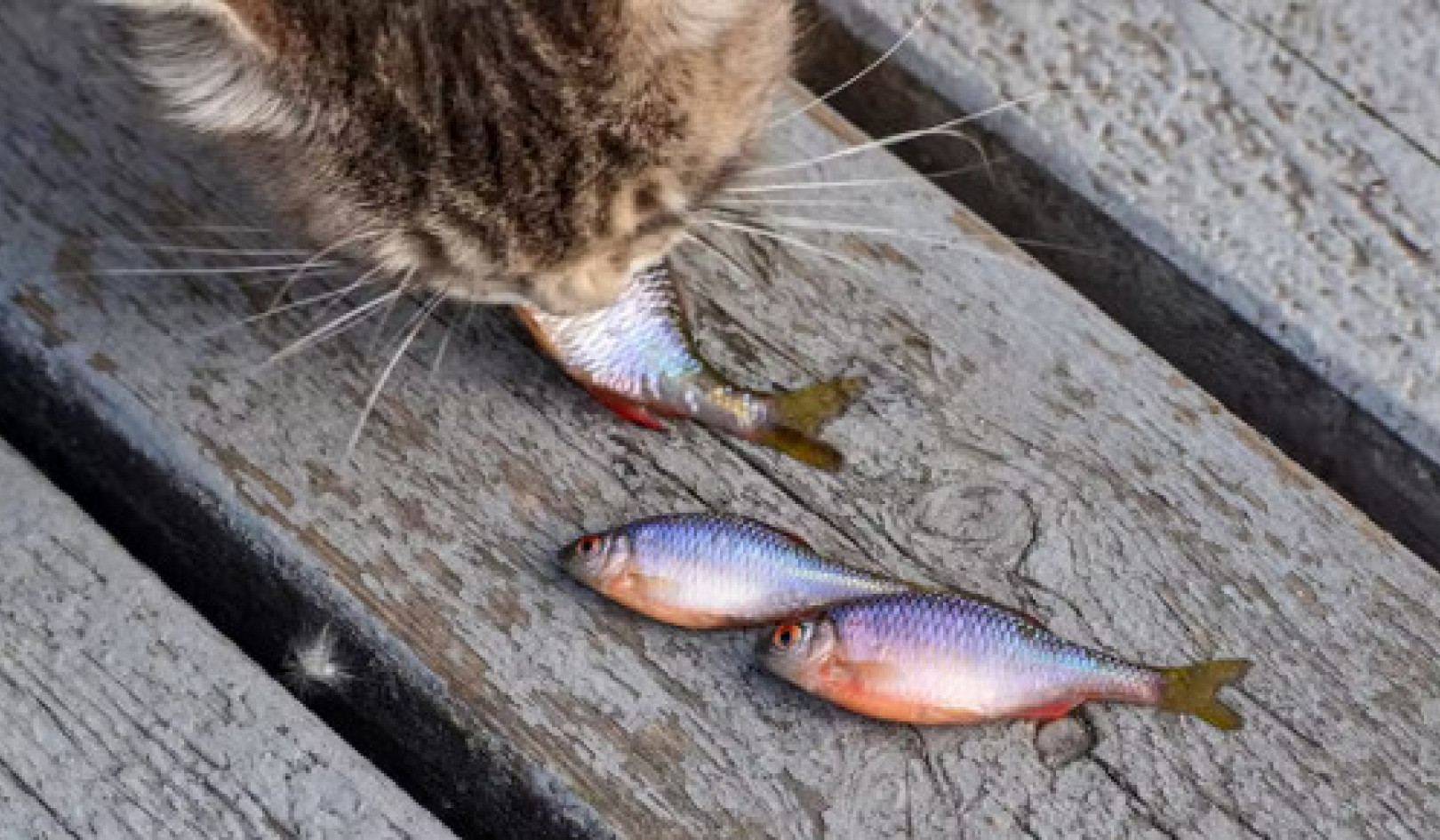
Time is money, as they say. As a culture, we hate the notion of wasting time, of losing time, and we often find ourselves running out of time, fighting against the clock. Time is associated with being productive, with getting things done in good time. In America people feel guilty for taking a vacation. Doing nothing is almost sinful. But what really is a waste of time?
The only time we objectively have is this moment we are living now. What determines whether or not it is wasted? The poet James Wright raises that question in his poem “Lying in a Hammock at William Duffy’s Farm in Pine Island, Minnesota.” He is lying in a hammock, his eyes on a bronze butterfly on the tree trunk, his ears aware of the cowbells in the distances of the afternoon.
A chicken hawk floats over, looking for home.
I have wasted my life.
Being Willing To Do Nothing At All
Lying in a hammock is the perfect metaphor for the willingness to do nothing, nothing at all. To forgo all duties and responsibilities, to lie back and let go of the current struggle. Perhaps the reason we allow ourselves so little of this sort of luxury is that we are afraid we and our lives will slip through our fingers, that without the rod so many of us have made for our backs, we would turn into jelly, devoid of all will. Even worse, we would cease to exist if we weren’t doing something useful.
After all, the psychological self is rooted in time. It needs to feel it is on a journey, that it is getting somewhere — anywhere. If it weren’t going somewhere it would be forced to feel the fear of the present moment, the fear of not existing, of the void beneath its feet.
The Cultural Norm
Our individual journey is reinforced by the cultural norm. Our culture is so fixated on the necessity of doing that if we are idle for a while we are very likely to think we are wasting our time and our lives. Everyone wants to “have a life” and “get a life,” and that usually means throwing ourselves into some gainful activity that will show a tangible result. It certainly doesn’t mean lazing around in a hammock. That is for losers or sick people.
This is not the way James Wright sees it. Having a life, for him, meant feeling the aliveness and clarity and ease that he experienced while lying in the hammock that day. His poem shows how aware and in touch he was with his present experience. It didn’t mean that he wanted to lie in a hammock all day. It meant that the peace, the presence, he felt there was the closest he knew to a life well and fully lived — a life, then, determined less by its productivity than by the quality of experience known moment by moment.
He became aware in that hammock of how few moments like this he had allowed himself. A wasted life, he realized, is one that is not suffused with moments of pure, aware presence.
The Age of Distractions
That poem was written before the Internet existed. Lying without distraction in a hammock, or doing its equivalent, is more challenging now. When did you last lie on your deck or your sofa without your phone?
I am as susceptible to distraction as anyone. I rarely look at emails while writing, but I did a few minutes ago. And serendipity! There was an email from Rick Hanson, the author of Hardwiring Happiness. It was his newsletter; the newsletter’s heading was “Drop the Load.” In it Rick says,
“Getting stuff done sometimes seems like the secular religion of the developed world, especially in America, where we routinely make sacrifices at the altar of doingness. I’m this way myself: my main compulsion/addiction is crossing off items on my To Do list.”
Yet it’s not the to-do list that’s the problem. It is, as Rick implies, our compulsive addiction to getting through it. It’s not what we do that determines the quality of our experience so much as the way we do it.
Obsessive activity has our attention fixed on an ever-receding future. We rush through something because we imagine we will feel good when we have finished. But we don’t, because there is always something else to do. The to-do list is never ending. It keeps us running away from the gap, the space of the present moment. And that is the whole point — the psychological self, the ego, needs to feel it is getting somewhere, so the goalposts continually have to be pushed further into the future.
Escaping the Present by Keeping Busy?
A century and a half ago, Kierkegaard argued that this impulse to escape the present by keeping ourselves busy is our greatest source of unhappiness. We jump on the hamster wheel of activity early in life. As the thinking self develops, we are less and less able to tolerate periods of boredom, moments or times when nothing is happening, and we don’t know what to do with ourselves. In other words, when nothing is happening, we feel that we are not happening.
Can we resist the desire to take the phone along with us on our walk? Can we sit quietly for half an hour without doing anything? The feeling of our own presence is the richest gift we can offer ourselves.
Those “empty” moments — in the traffic jam, the checkout line, the airport lounge — can sometimes offer us a further gift. If we don’t run from them, if we rest in them and let them take us where they will, we may find that they connect us to a deeper well, a source of creative ideas and inspirations that erupts from behind the conscious mind.
Working in Leisurely Way: The Highest Expression of Work
The Benedictine monk David Steindl-Rast, in his Essential Writings, points out that leisure need not be separate from work itself, that time and the timeless can coexist. To work in a leisurely way is the highest expression of work. “Leisure...is not the privilege of those who can afford to take time; it is the virtue of those who give to everything they do the time it deserves to take.”
Obsessive doing — rushing through an activity to get it over with — kills time. Leisurely activity makes time come alive because it connects us to the timeless. Artists of all kinds know this. Chefs know this.
I am not a chef by any stretch of the imagination, but I love cooking and generally make up recipes as I go along. But when my hands are washing the lettuce or cutting the salmon, my enjoyment comes not from the anticipated dish but from the trickle of water through my fingers, the smell of the sea from the salmon, the whir of the spinner as I dry the lettuce. Leisure fosters not only pleasure but enjoyment, and enjoyment happens when we are fully immersed in our experience, at the intersection of doing and being.
Obsessive Doing and Rushing Exhausts Our Physical and Psychic Energy
Rushing is not as enjoyable. We are always at least a step ahead of ourselves and forever straining to catch up. Rushing stops up the gaps in consciousness through which the creative muse can speak. It exhausts not only our physical but also our psychic energy. Over time it will exhaust our spirit, especially when we tell ourselves that these are things we must do, should do, or have to do. Then we lose all sense of agency and choice.
Obsessive doing happens not only externally but also in our minds, which are endlessly churning over thoughts and rerunning emotions. Outwardly, we may be doing no more than staring out the window or lying in a hammock, but inwardly we can be totally lost in the past or future. Then we are obscuring the present moment, which is the doorway to our own silent, aware presence, our deepest source of fulfillment and aliveness.
It’s not the past that is the problem; it is the way we hang on to it, repeat it, regurgitate it, mostly in order to give ourselves a false sense of substance and identity. The problem arises when our stories of the past consume our attention in the present and prevent us from being fully available to the life we are living now. The signs of that malady are anxiety, regret, and the reliving of old thoughts and emotions. The past doesn’t have to take us over like that. If we maintain our attention in the present moment; if we remember to rest back into the stillness that is always here, then the past can serve a useful purpose right now as a memory library that we can use as a resource when necessary.
Neither is the future a problem unless our plans and fantasies so swamp our present experience that we are living in a dreamland rather than in the life we actually have. Surely one of the greatest gifts of the human mind is its capacity for forward thinking. The great projects of civilization were all the result of imagining some future scenario and working toward it in the present. No business would ever succeed without a business plan. No contract would be good for more than the day it was signed on.
The future becomes a problem only when our need for security compels us to worry and make up stories about what might happen or could happen. That doesn’t mean we stop having future plans. It means we recognize we are asking too much of those future plans. Future events may cause a spike in our oxytocin levels for an hour or day or two, but they will never fulfill the sense of lack that we feel now. The sense of lack exists because we are not experiencing the only fulfillment that is truly available to us, which is the presence of this moment. We will never experience it if we are always running ahead of ourselves into the future or ruminating over the past.
Dropping the struggle with time isn’t something you do; it’s a spontaneous relaxation, a falling backward into what is already present. When we know the stillness at our core as a lived experience in the everyday, we breathe more easily, we go about our days differently. To be still and still moving is to know the end of time, even as the clock is ticking.
©2016 by Roger Housden. Used with permission of
New World Library, Novato, CA. www.newworldlibrary.com
Article Source
 Dropping the Struggle: Seven Ways to Love the Life You Have
Dropping the Struggle: Seven Ways to Love the Life You Have
by Roger Housden.
Click here for more info and/or to order this book.
About the Author
 Roger Housden is the author of over twenty books, including the bestselling Ten Poems series. His writing has been featured in many publications, including the New York Times, the Los Angeles Times, and O: The Oprah Magazine. A native of England, he lives in Marin County, California, and teaches around the world. Visit his website at rogerhousden.com
Roger Housden is the author of over twenty books, including the bestselling Ten Poems series. His writing has been featured in many publications, including the New York Times, the Los Angeles Times, and O: The Oprah Magazine. A native of England, he lives in Marin County, California, and teaches around the world. Visit his website at rogerhousden.com



























